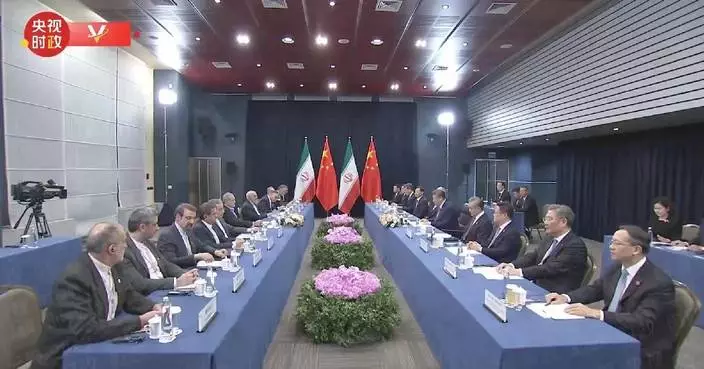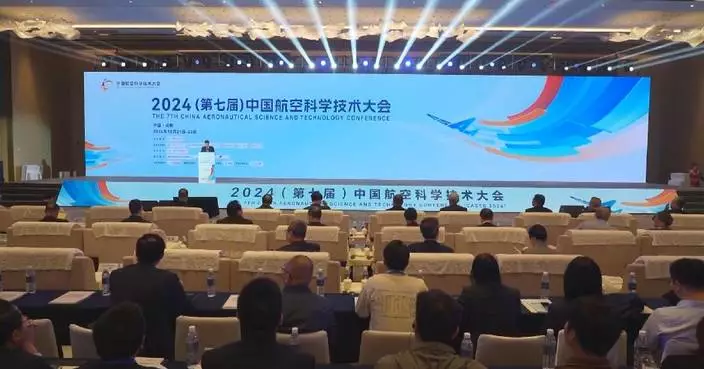The HarmonyOS NEXT, China's first completely homegrown operating system developed by domestic tech giant Huawei, will vigorously boost the country's technological advancement in various fields, said scholars and industrial insiders.
Huawei on Tuesday released the milestone operating system in Shenzhen City of south China's Guangdong Province, marking a watershed achievement in developing China's homegrown mobile operating system.
The previous HarmonyOS versions still used part of the open source code of the Android system and was somehow confined by the Android logic. Therefore, the HarmonyOS NEXT made a significant breakthrough in China's information technology industry, said information engineering experts.
Other well-known operating systems, such as the iOS and the Android, were basically developed from the two major technical cores of Unix and Linux, however, the HarmonyOS NEXT was established on a self-developed core, providing strong autonomy for China's technological empowerment and network security, said information engineering experts.
"With autonomy, we can effectively address security concerns. If the foundation is not ours, for example, we can't construct a protective structure without permission. With our own basic platform, we can design a good structure on it, and then protect our users' data and network connections very well," said Xu Zhen, a researcher at the Institute of Information Engineering under the Chinese Academy of Sciences.
At present, more than 15,000 applications and meta-services based on the HarmonyOS NEXT are available, covering 18 industries. They include general office applications that can provide services to more than 38 million enterprises in China.
At the same time, HarmonyOS NEXT realizes the interconnection and interoperability of multiple devices and scenarios such as mobile phones, tablets, and car cockpits. Behind the release of this homegrown operating system is the all-round development of related industries of China, according to Huawei leading officials.
"We have developed this new operating system of the HarmonyOS NEXT in line with the era of the internet of everything and intelligence and everything. Hongmeng operating system can meet the needs at all scenarios such as mobile phones, tablets, wearable devices like the watch I wear, industrial machinery and equipment, and various terminals across different industries including those in our transportation, medical, and education industries, which is a significant advantage of our HarmonyOS,” said Yu Chengdong, executive director of Huawei.
In the exhibition area of the launching event, Huawei staff also demonstrated a variety of applications such as intelligent code recognition and scanning, intelligent AI interaction, and secure file transmission on Huawei smart devices.
The updated applications are more life-oriented and intelligent, and are more interesting on the basis of practicality and convenience, according to staff members.
"In the past, when we used video software, we watched it on our mobile phones. After watching it, if we wanted to continue watching it on our pads, we had to find the corresponding video software on our pads, open it, and then find the last playback history. It took three to four or even five steps to continue watching the video, and now we can open it on another device in one step," said staff member Wang Quanquan.
"In our work and life, we need file transfer functions a lot, and we have designed file verification and encryption based on the operating system. Before sharing a certain document, we can encrypt it and choose who can view it. And if this document is forwarded to a person through some popular chatting applications, other people will not be able to open it," said another staff member Huang Lei.

HarmonyOS NEXT symbolizes milestone in China's homegrown operating system









